Every child – and adult – experiences times of being angry. It’s a completely normal and healthy emotion. How we deal with anger is what’s important.
According to Australian Psychological Society spokesperson Sally-Anne McCormack parents play a key role in teaching their kids how to handle anger.
“It’s good for kids to understand that there’s nothing wrong with being angry. It’s one of the many emotions we feel,” says Sally-Anne. “But kids need to learn how to manage their feelings and deal with their anger appropriately.”
There are three things that kids need to learn about managing their anger:
- how to recognize their anger
- ways to stay calm
- how to express their feelings appropriately
“I had a child come to see me who was seven or eight years old. By this age we can talk about how it feels when they’re getting angry, how their body responds,” says Sally-Anne. “Maybe they can feel they’re getting hot or red in the face, or starting to clench their fists or other muscles. Their breathing could change.
“Once they start recognizing their anger signs, they can learn strategies to keep it under control.”
Anger management tips for parents
Experts’ top anger management techniques are:
- Model good anger control. This is Sally-Anne’s number one tip for parents. Kids learn about behaviour by watching their role models, mum and dad. “Be very conscious how you handle your anger in front of your kids. By all means express that you’re angry but be very aware of how you express it.” If children see their parents losing their temper or flying off the handle, it makes sense that they’ll think this is normal.
- Understand each child. Every child is different – some are just wired to express their anger, while others may rarely lose their temper. Some children can be calmed by a big hug, while others may need to take some quiet time to cool down. Learn what triggers your littlies’ anger, and learn what calms them down.
- Teach them calming methods. By primary school many kids may have learned how to handle their anger. You can teach them to take a deep breath, or remove themselves or even take themselves outside to run a few laps around the garden. Toddlers and pre-schoolers will need your help and guidance with calming methods.
- Explain what behaviour is unacceptable. Kids need to know that violent or aggressive behaviour, swearing, insulting and being nasty are not acceptable ways to express anger.
- Acknowledge good behaviour. If you see your child managing their anger in a difficult situation, tell them how proud you are that they kept their cool even when they were angry. “A child is more likely to repeat a behaviour which has been positively reinforced,” says Sally-Anne.
- Have a “safety” word. For kids who might be really struggling with their anger, giving them a word they can use if all else fails can be very helpful. “Particularly if they’re finding themselves in angry situations with their parents or teachers, this safety word can help them express how they’re feeling,” says Sally-Anne.
- Get kids to use words. When kids have developed enough language skills, encourage them to express their anger with words and then go on to say what is making them angry and why.
When to seek help for anger management
“Your child may need some help learning to manage their anger if the anger is starting to interfere with normal family functioning. For example if you are worried about going out in case your child goes berserk, or if you’re worried about violent behaviour,” says Sally-Anne.
“Trust your instincts – most parents will know of their child’s anger issues are becoming out of control.”
The first step to take if you think your child needs help managing anger is to make an appointment with your GP who will refer you to a psychologist, paediatrician or other appropriate health professional.
This article was written by Fiona Baker for Kidspot, New Zealand’s best family health resource.

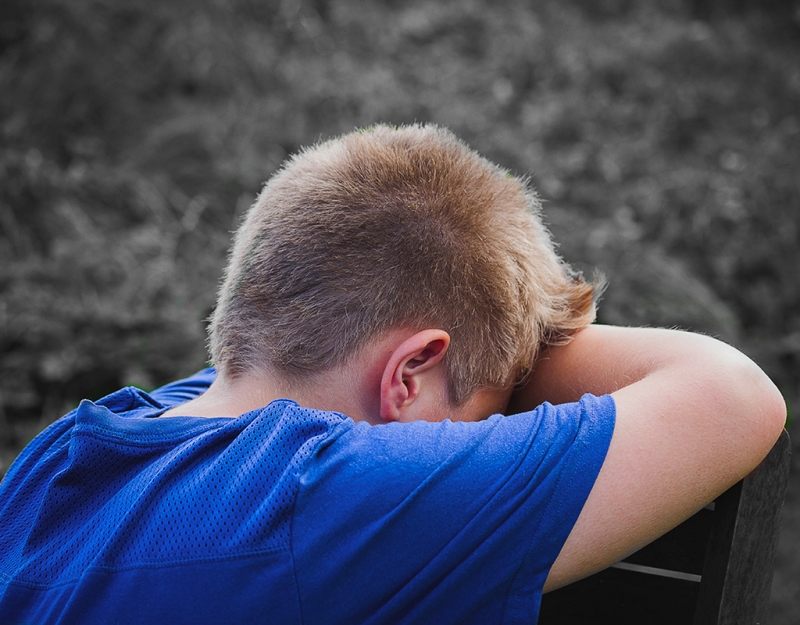

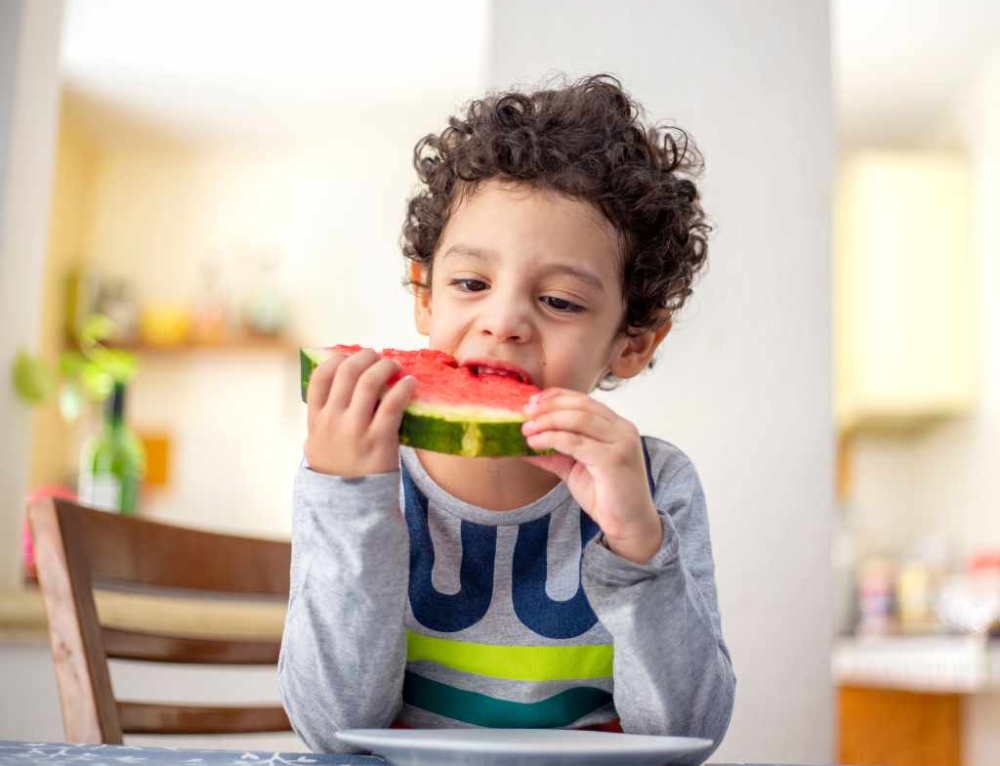
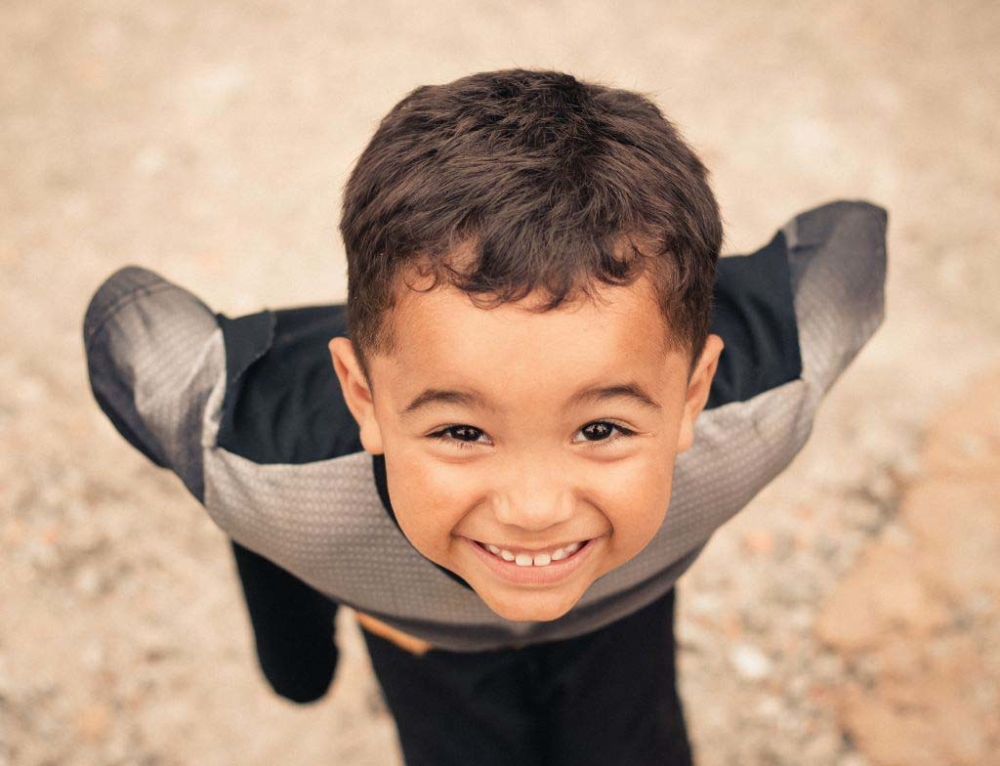
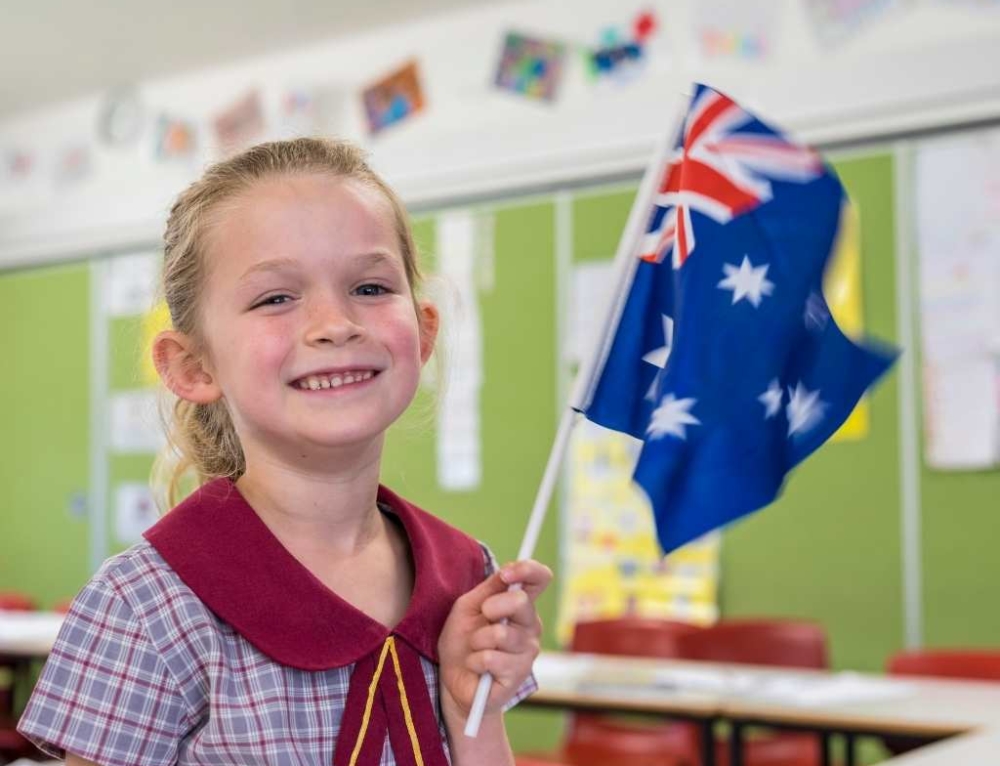
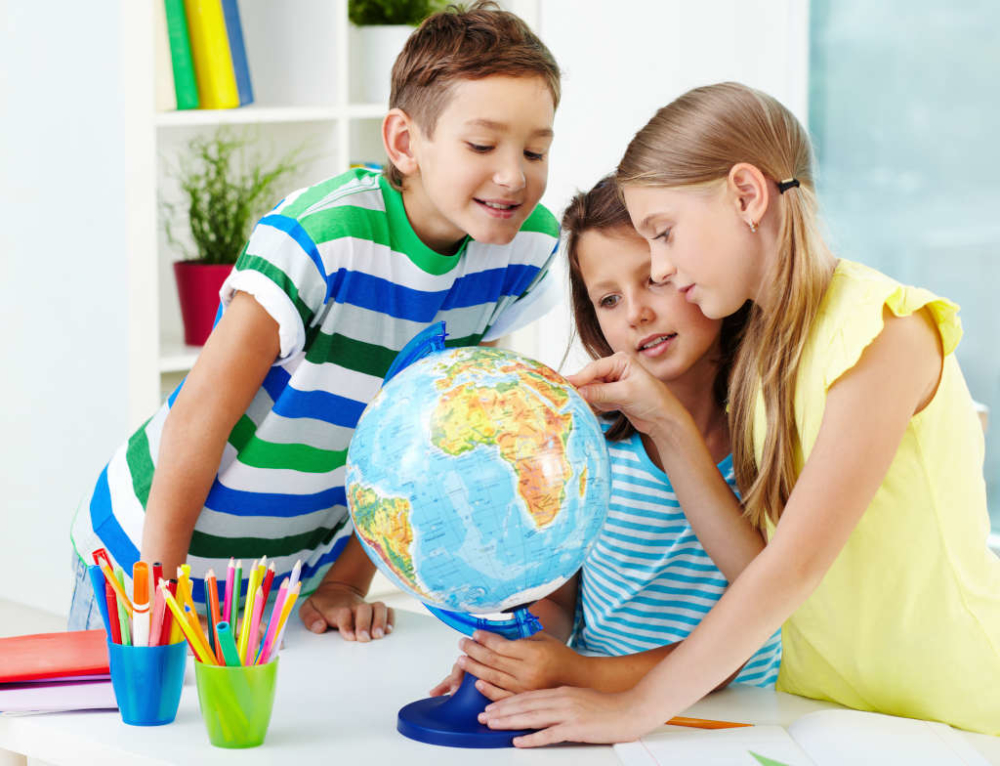
This is great timing as my 8 year old son can get angry and has only just started occasionally now and we are trying all sorts to correct it especially banning things like his ipad. Sometimes I struggle to even understand why he is grumpy so this article really helps explain things and how to get around it.
I have one child that internalizes her anger and one that externalizes his anger. Its a hard to work out the best methods of dealing with it. I find the biggest struggle is the child that internalizes it, as it can be missed and go unresolved.
Anger is one of those things that we often chastise kids for, but we all experience it. I try my best not to be insulting when I’m angry, and to remove myself from the situation and calm down. Afterwards I talk to the kids about how I felt, what I did. And if I did something that I wasn’t happy about, and was feeling guilty I also explained that too. For me, I know I can and do model failure at “good” just as often as I model good behaviour. So I try to unpack it with them as much as possible and explain I’m still learning and working to do better.